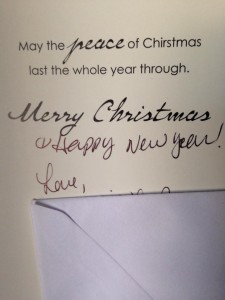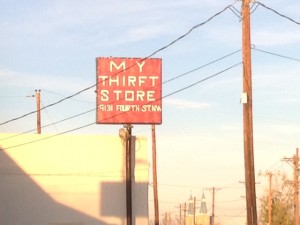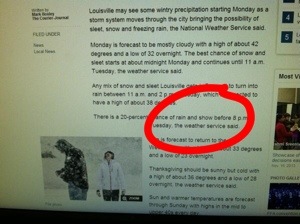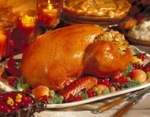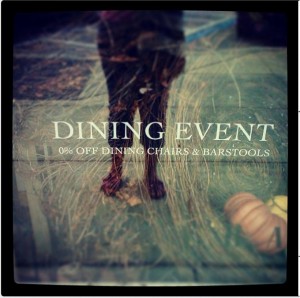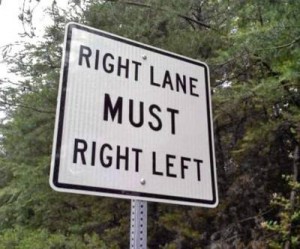 A quick topic for today. The phrase “try and” is colloquial, meaning it is used more in informal conversation and is not used in formal writing. The correct term should be try to.
A quick topic for today. The phrase “try and” is colloquial, meaning it is used more in informal conversation and is not used in formal writing. The correct term should be try to.
- “Let’s try and get this car started” is OK if you’re talking to your buddy.
- “Let’s try to get this report filed” is better if you are using business email or talking to someone at work.
Grammar Girl explained it well when she said if you use “try and” in a sentence like “I want to try and call Grammar Girl,” you are really doing two things–trying and calling. If you use “try to” in that same sentence–“I want to try to call Grammar Girl,”–you are using the preposition “to” to link the trying to the calling. (http://www.quickanddirtytips.com/education/grammar/a-few-short-questions)
This is really a simple thing that isn’t a “make it or break it” kind of thing, but is still important.
Do you have questions about whether or not something is correct or do you have examples of things you see over and over that you don’t think are right? Forward them on to me ([email protected]) and I’ll address them here.


 Follow
Follow